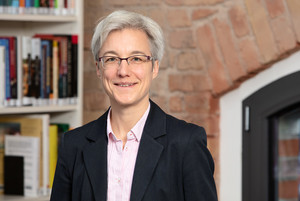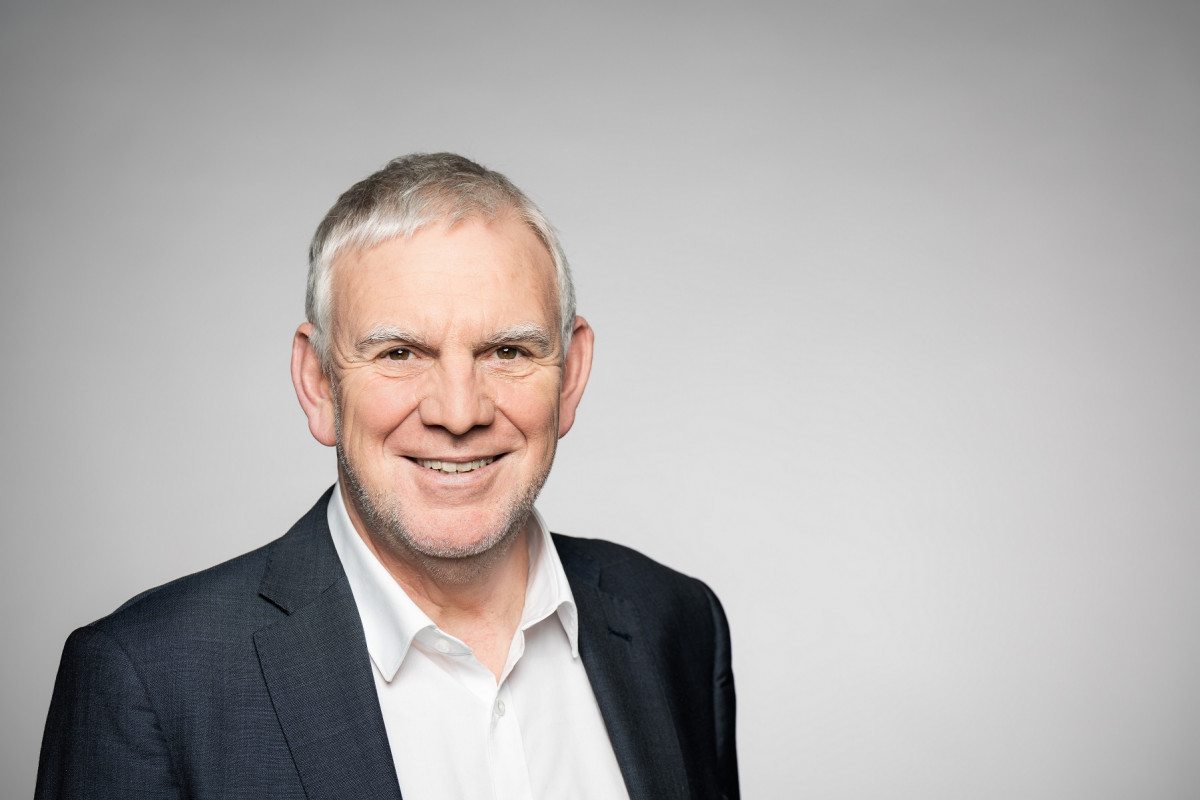Event: Germany’s G7 presidency as a stepping stone for the 2022 international climate agenda
Germany’s new government cabinet has little time to learn the ropes. The country’s foreign policy year kicks off with a bang as Germany takes over the G7 presidency on 1 January. Analysts have called it a “sink-or-swim challenge” for the new government and for Chancellor Olaf Scholz, who does not yet have the same level of clout among leaders as his predecessor, Angela Merkel, had.
Analysts say that strengthening international climate cooperation ahead of COP27 in November will to a large degree depend on Germany’s G7 presidency. The summit of G7 heads of state and government on 26-28 June in Schloss Elmau in the Bavarian Alps could thus turn out to be an important stepping stone in the 2022 global climate agenda – similar to the 2015 G7 summit, which took place under a German presidency and also in Elmau. Led by former Chancellor Merkel, the G7 heads of state and government agreed to the phase-out of fossil fuel use by the end of the century and thus did their part to pave the way for a successful conference of the parties (COP) in Paris several months later, where countries signed the Paris Agreement.
Chancellor Scholz aims to use the presidency to make the G7 a “trailblazer for a climate-neutral economy”. His government presented its programme of priorities on 21 January. It wants to use this year’s presidency to improve the coordination of global efforts to combat climate change. “We want to achieve that no country goes it alone,” said Scholz, and highlighted that his government would push the establishment of a so-called climate club.
The idea of a climate club – a partnership of the countries with the highest ambitions for climate policy worldwide – is nothing new, but has quickly gained ground in international policy circles. Chancellor Scholz is a staunch supporter of using this vehicle to give additional impetus to the implementation of the Paris Agreement – and at the same time protect German industry from competitive disadvantages. As finance minister, he presented the first key-issues paper on an “ambitious, bold and cooperative” climate club this summer.
The government also aims to use the G7 presidency to establish climate, energy and development partnerships with emerging and developing nations with the goals of climate neutrality, the massive expansion of renewables and the necessary infrastructure, and the production of hydrogen. Germany could build on its years of experience with bilateral “energy partnerships”, or look to minilateral projects such as the South Africa coal deal announced at COP26 in Glasgow.
Clean Energy Wire has invited state secretary Jochen Flasbarth to lay out how the government aims to use the presidency to support and cooperate with developing countries. In addition, Brigitte Knopf, Secretary General of the MCC, and U.S. advisor on climate policy and politics Alden Meyer share their views on what Germany must deliver to make its G7 leadership a success story.
Key questions for the discussion:
-
What are the new German government’s energy and climate policy priorities for the G7 presidency? What are key goals for the June summit?
-
What is Germany’s role for the 2022 global climate agenda?
-
How can Germany use its presidency to support developing and emerging nations in their climate-friendly transition?
-
How do the German government’s planned new climate partnerships differ from the existing bilateral energy partnerships?
-
What is the aim of a climate club? What are key issues it should cover? Who must be involved?
-
What can we expect from the June summit?
Agenda
| 16.00 - 16.05 | Welcome and introduction by Julian Wettengel, Clean Energy Wire |
| 16.05 - 16.15 |
How can Germany use its G7 presidency to support developing and emerging countries in the climate-friendly transition? With Jochen Flasbarth, State Secretary in the Federal Ministry for Economic Cooperation and Development |
| 16.15 - 16.30 |
Discussion and Q&A with state secretary Flasbarth |
| 16.30 - 16.40 |
Assessing Germany's G7 plans on climate and energy – a researcher’s view from Germany By Brigitte Knopf, Secretary General of the MCC |
| 16.40 - 16.50 |
International expectations regarding Germany's G7 presidency plans on climate and energy With Alden Meyer, Principal at Performance Partners, senior associate with E3G |
| 16.50 - 17.25 | Discussion and Q&A |
| 17.25 - 17.30 | Conclusions and outlook |
SPEAKERS
Jochen Flasbarth took office as State Secretary at the Federal Ministry for Economic Cooperation and Development in December 2021. From 2013 to 2021, he was State Secretary at the Federal Ministry for the Environment, Nature Conservation and Nuclear Safety. Prior to that, he held the position of President of the Federal Environment Agency for four years. He holds a degree in economics from the Universities of Münster and Bonn.

Brigitte Knopf is Secretary General of Mercator Research Institute on Global Commons and Climate Change (MCC). She is responsible for the management and strategy of MCC and the policy dialogue with stakeholders from government, business and civil society. Since 2020, she is deputy chairperson of the new Council of Experts on Climate Change appointed by the German government. Until 2014, she was deputy head of the research domain Sustainable Solutions at the Potsdam-Institute for Climate Impact Research (PIK).
Alden Meyer is a strategic adviser on domestic and international climate policy and politics and a Principal at Performance Partners, which provides a range of consulting services to clients in government, business, and the non-profit sector. He is currently a senior associate with E3G – Third Generation Environmentalism and an international policy advisor to the Blue-Green Alliance. Since 2014, he has served as the U.S. country lead for the International Climate Politics Hub (and its predecessor, the Climate Briefing Service), and he co-chairs the ICPH G7 & G20 working group.



